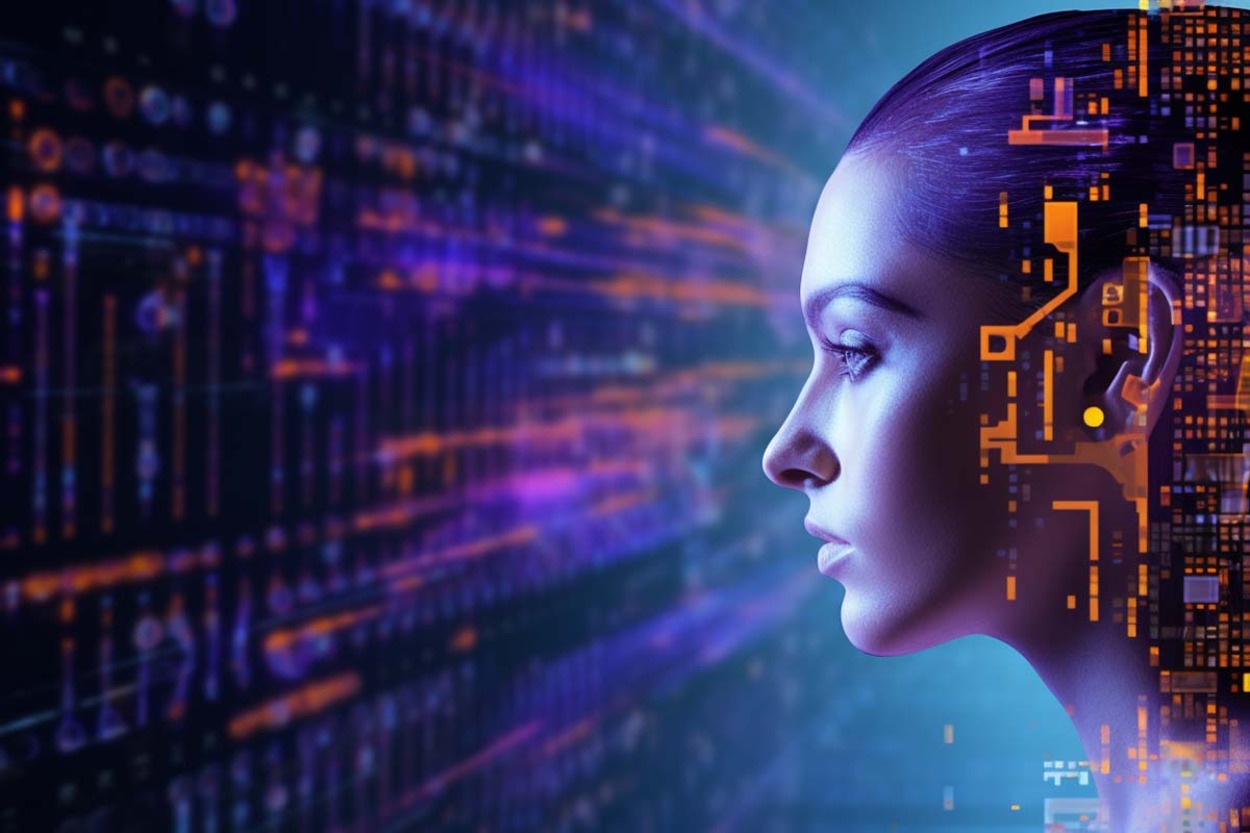Key Takeaways:
- AI is reshaping traditional workplace dynamics, offering unique opportunities and challenges.
- Understanding ethical considerations is crucial for successful AI integration.
- Collaboration between humans and AI can drive innovation and efficiency.
- There’s a growing need for upskilled workers to leverage AI technologies effectively.
The Role of AI in Modern Workplaces
Integrating artificial intelligence (AI) in modern workplaces transforms businesses’ operations, enhancing efficiency and innovation. By automating routine tasks, AI allows employees to focus on strategic, high-value activities, fostering creativity and problem-solving. AI-powered tools such as natural language processing, predictive analytics, and machine learning systems reshape industry workflows. For instance, AI-driven customer support systems and personalized marketing strategies improve user experiences while optimizing resource allocation.
A significant advancement in workplace AI involves computer vision technology, which enables machines to interpret visual data for applications like quality control, safety monitoring, and inventory management. A computer vision and AI company is at the forefront of driving these innovations, opening doors to streamlined processes and more intelligent decision-making.
Ethical Considerations in AI Implementation
As AI technologies become ubiquitous, ethical considerations must guide their implementation. AI systems’ integrity, fairness, and transparency are crucial in maintaining public trust. A well-defined ethical framework can guide organizations in developing and deploying AI that aligns with societal values and corporate goals. Ensuring that AI operates without bias and adheres to sound moral principles is essential for successfully integrating into society.
Organizations should emphasize openness and responsibility in their AI systems to tackle ethical challenges. By taking this approach, businesses safeguard their reputations and develop systems that treat consumers and stakeholders equitably, promoting trust and confidence in AI technologies.
Human-AI Collaboration: Finding the Balance
The relationship between humans and AI is increasingly seen as collaborative rather than competitive. When combined, the creative intelligence of humans and the computational power of AI create synergies that result in advanced problem-solving capabilities. This partnership opens up new possibilities for innovation that were previously unattainable.
Enhancing Creativity and Problem Solving
In environments where AI takes over data-heavy and routine tasks, human employees have more bandwidth to focus on strategic planning and crafting creative solutions. AI’s role as a complementary tool aids in enhancing decision-making, thus empowering teams to tackle complex challenges more effectively. This synergy benefits organizations by fostering an environment of continuous improvement and adaptation.
Upskilling for the AI-Driven World
With the advent of AI, there’s an increasing demand for skill enhancements within the workforce. Continuous learning and development ensure employees remain competitive in today’s rapidly changing job market. Upskilling involves acquiring digital skills, understanding AI fundamentals, and fostering adaptability in embracing new technologies.
Studies by renowned research institutions highlight the benefits of investing in skill development, emphasizing that such initiatives improve individual career prospects and contribute to organizational growth. Businesses that encourage ongoing education equip their workforce to harness AI’s potential fully, driving success in the digital age.
An AI-Enhanced Decision-Making Process
AI’s capability to process vast datasets at high speeds revolutionizes decision-making processes, leading to faster and more accurate business strategies. By providing comprehensive insights and identifying emerging patterns, AI enhances strategic planning and enables organizations to make informed decisions swiftly.
This data-driven approach allows businesses to prioritize actions that align with their objectives, minimizing risks and capitalizing on opportunities with precision. Organizations with AI’s analytical capabilities are better positioned to navigate challenges in an ever-evolving market landscape.
AI’s Impact Across Industries
The influence of AI extends across various sectors, significantly impacting industries such as healthcare, finance, and retail. In healthcare, AI aids in early diagnostics and personalized patient care by processing medical data rapidly and accurately. AI enhances risk assessment and fraud detection processes in the financial sector, offering a safer transaction environment.
In retail, AI-driven algorithms provide customized shopping experiences for consumers, thereby boosting engagement and satisfaction. AI’s adaptability enables it to transform service delivery, improve customer interactions, and optimize resource allocation across industries.
Potential Challenges and Mitigation Strategies
While AI brings numerous benefits, its integration does pose challenges, such as privacy concerns and fears of job displacement. Robust data protection measures, alongside ethical oversight, are essential to mitigate these risks effectively. By emphasizing human oversight and accountability, organizations can ensure ethical AI operations.
The Future Outlook of AI in Workplaces
As AI technologies progress, companies must be adaptable and responsive to maintain competitiveness. Organizations that encourage a culture of innovation and prioritize ongoing education will thrive in this AI-driven environment. By accepting transformation, businesses can utilize AI to update their operations and guarantee continued growth in a constantly evolving corporate landscape.











